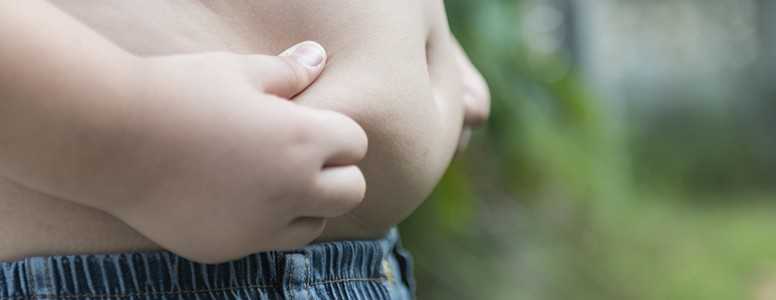Over the next six-to-eight years, the internal organs of 100,000 people in the UK will be scanned by the UK Biobank.
The UK Biobank is a charitable research organisation set up by the Wellcome Trust, Department of Health, Scottish Government and other national health and research groups.
The body scan will use techniques such as magnetic resonance imaging (MRI) to understand a range of conditions such as type 2 diabetes, cancer, dementia and heart disease. The MRI scan images will then be linked with DNA and other health and lifestyle information to literally give a new view on a range of health conditions.
One of the functions the imagining project will be able to uncover is providing snapshots of where fat is being stored in the body and how this may affect the risk of certain health conditions.
Researchers have already identified a link between fat stored around the central organs, known as visceral fat, and higher risks of developing prediabetes and type 2 diabetes. One of the aims of the scanning project is to take images of overall body fat and specifically fat deposition within the pancreas and liver.
To date, over 8,500 patients have been scanned by way of a pilot project carried out at the organisation’s purpose-built scanning facility in Stockport.
To reach 100,000 body scans, the UK Biobank has a budget of £43 million provided by the Medical Research Council and Wellcome Trust.
Recruitment will continue to take place in Stockport and will be rolled out in Reading and Newcastle through 2016.
What's new on the forum? ⭐️
Get our free newsletters
Stay up to date with the latest news, research and breakthroughs.





